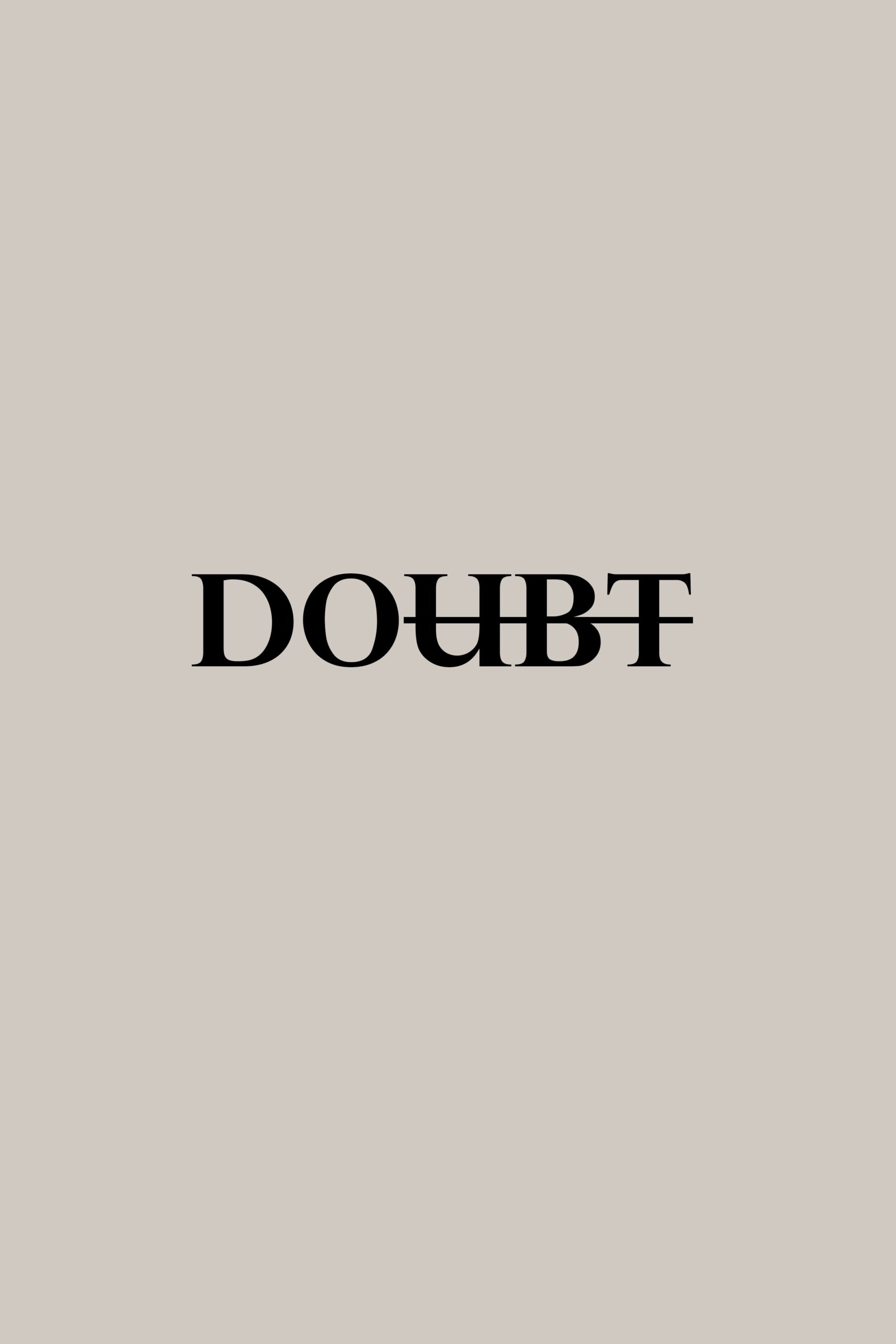Have you ever wondered what would happen if a smart contract, which is meant to ensure decentralized financial transactions, fails? The potential risks can be worrisome, but worry no more. DeFi insurance provides a solution to protect against smart contract failures. Whether it’s a coding error or a security breach, this insurance coverage can provide peace of mind for those involved in decentralized finance. With the increasing popularity of DeFi platforms, the demand for reliable insurance is on the rise. In this article, we will explore the importance of DeFi insurance and how it can safeguard your investments in the world of decentralized finance.
Understanding DeFi Insurance
What is DeFi?
DeFi, short for decentralized finance, refers to a financial system that operates on blockchain technology and eliminates the need for intermediaries such as banks. It allows individuals to have more control over their financial assets by enabling them to lend, borrow, trade, and invest in a transparent and decentralized manner.
What is DeFi insurance?
DeFi insurance is a form of insurance that provides protection for individuals and businesses participating in decentralized finance. It covers the risks associated with smart contract failures, hacks, and other vulnerabilities in the DeFi ecosystem. DeFi insurance aims to mitigate losses and provide financial compensation in the event of unforeseen circumstances.
Why is DeFi insurance important?
DeFi insurance plays a crucial role in the overall security and stability of the decentralized finance ecosystem. As DeFi platforms and applications gain popularity, the risk of smart contract failures and security breaches increases. DeFi insurance acts as a safety net, providing users with peace of mind and protecting their investments against potential losses. It also helps to build trust and confidence in the DeFi space, attracting more participants and driving further adoption.
Types of DeFi insurance
There are various types of DeFi insurance available in the market. The most common ones include:
Smart contract insurance: This type of insurance covers losses resulting from smart contract failures, vulnerabilities, and exploits.
Asset insurance: Asset insurance protects the value of specific tokens or assets held in DeFi platforms against hacks or protocol failures.
Liquidity provider insurance: Liquidity provider insurance covers losses incurred by individuals who provide liquidity on decentralized exchanges (DEXs) in case of a hack or smart contract failure.
Yield farming insurance: Yield farming insurance provides coverage for the risks associated with yield farming strategies, protecting investors’ yields against potential losses.
Governance risk insurance: Governance risk insurance safeguards token holders against risks associated with the decentralized governance of DeFi protocols, such as manipulation or malicious activities.
Having a wide range of insurance options allows users to tailor their coverage to their specific needs and risk tolerance.
Smart Contract Failures in DeFi
What are smart contracts in DeFi?
Smart contracts are self-executing agreements written in code that automatically facilitate and enforce the terms of a contract. In the context of DeFi, smart contracts are the building blocks of decentralized applications (DApps) that enable various financial operations without the need for intermediaries.
Common types of smart contract failures
While smart contracts have the potential to revolutionize the financial industry, they are not immune to vulnerabilities and failures. Some common types of smart contract failures include:
Coding errors: Mistakes in the code can result in unintended behaviors, allowing hackers to exploit weaknesses and gain unauthorized access to funds.
Design flaws: Poorly designed smart contracts can have unforeseen consequences or security vulnerabilities that can be exploited by malicious actors.
Oracle manipulation: Smart contracts often rely on oracles to retrieve external data. If these oracles are compromised or manipulated, it can lead to inaccurate data inputs and result in financial losses.
Governance and consensus issues: Decentralized governance mechanisms can lead to disagreements and disputes, potentially resulting in the exploitation or failure of smart contracts.
Impact of smart contract failures
Smart contract failures can have severe consequences for participants in the DeFi ecosystem. They can result in the loss of user funds, disruption of services, and damage to the reputation of protocols. Moreover, in the absence of proper insurance coverage, these failures can lead to significant financial losses for individuals and businesses. DeFi insurance acts as a safety net, providing compensation for victims of smart contract failures and minimizing the overall impact on the ecosystem.

The Need for DeFi Insurance
Risk mitigation in DeFi
DeFi insurance plays a crucial role in mitigating risks in the decentralized finance ecosystem. As the DeFi space continues to grow, new protocols and applications emerge, bringing with them new risks. DeFi insurance provides a mechanism to transfer and distribute these risks to insurance providers, reducing the potential impact on individuals and the broader ecosystem. It allows participants to engage in DeFi activities with a greater degree of confidence, knowing that their investments are protected.
Protection against smart contract failures
One of the primary reasons for obtaining DeFi insurance is to protect against smart contract failures. As mentioned earlier, these failures can result in the loss of user funds and disrupt the functioning of DeFi platforms. By having insurance coverage, individuals and businesses can minimize the financial impact of such failures and recover their losses.
Building trust and confidence in DeFi
Trust and confidence are essential components of any financial system. In the decentralized nature of DeFi, where traditional intermediaries are replaced by code, trust becomes even more crucial. DeFi insurance provides an additional layer of security and protection, which is crucial for attracting new participants to the ecosystem. By demonstrating that risks are adequately managed and covered, DeFi insurance helps to build trust among individuals and businesses, driving further adoption and growth.
Key Players in DeFi Insurance
Insurance providers in the DeFi space
There are a growing number of insurance providers operating in the DeFi space. These providers offer various insurance products tailored to the specific risks and needs of DeFi participants. Some notable insurance providers include Nexus Mutual, Cover Protocol, and Unslashed Finance. These companies leverage blockchain technology to provide transparent and efficient insurance solutions, ensuring seamless coverage for participants in the DeFi ecosystem.
How insurance providers assess risk
Insurance providers in the DeFi space use a combination of traditional risk assessment techniques and innovative methodologies to evaluate the risks associated with different DeFi protocols and applications. They analyze factors such as the security of the underlying smart contracts, the track record of the project team, the liquidity of the platform, and the historical data on hacks and vulnerabilities. By thoroughly assessing these risks, insurance providers can determine the appropriate coverage and premium costs for policyholders.
Case studies: successful insurance claims in DeFi
Despite being a relatively new industry, DeFi insurance has already showcased its effectiveness in compensating users for losses resulting from smart contract failures. For example, Nexus Mutual, one of the leading DeFi insurance providers, has successfully paid out claims to users affected by various exploits, including the bZx flash loan attack in 2020. These case studies demonstrate the value and viability of DeFi insurance in protecting user funds and supporting the sustainable growth of the DeFi ecosystem.

Challenges and Limitations
Lack of regulatory framework
One of the main challenges facing DeFi insurance is the lack of a comprehensive regulatory framework. While blockchain technology and decentralized finance are inherently global, regulatory environments vary across jurisdictions. The absence of clear regulations creates uncertainty and makes it difficult for insurance providers to navigate the legal landscape effectively.
Measuring and quantifying risk
Assessing and quantifying risk in the DeFi space can be challenging due to the complex and rapidly evolving nature of the ecosystem. Traditional risk models may not fully capture the unique risks associated with DeFi protocols and applications. Insurance providers need to continuously adapt and innovate their risk assessment methodologies to keep up with the evolving landscape.
Premium costs and affordability
DeFi insurance premiums can be relatively high compared to traditional insurance products. This is primarily due to the complexity and higher risk profile of decentralized finance. As the market matures and more data becomes available, it is expected that premium costs will become more affordable and better reflect the actual risks involved.
Claims processing and dispute resolution
DeFi insurance claims processing and dispute resolution can be challenging due to the decentralized nature of the ecosystem. Unlike traditional insurance, where centralized authorities handle claims and resolve disputes, DeFi insurance relies on smart contracts and decentralized protocols. This introduces unique complexities and potential bottlenecks in the claims process, which need to be addressed to enhance the overall user experience.
Emerging Solutions and Innovations
Protocol-level insurance
Protocol-level insurance refers to integrating insurance directly into DeFi protocols, making insurance coverage an inherent feature of the platform. This approach simplifies the insurance process and provides seamless coverage for users without the need for traditional insurance providers. By embedding insurance within protocols, participants can easily opt-in for coverage and enjoy the benefits without additional complexities.
Integration with decentralized exchanges
Decentralized exchanges (DEXs) play a vital role in the DeFi ecosystem. Integrating insurance solutions with DEXs allows users to protect their liquidity provider positions and investments against potential risks. By having insurance coverage directly linked to DEX platforms, users can ensure the safety of their assets without the need for separate policies.
Automated claims processing
The use of smart contracts enables automation and efficiency in claims processing. By leveraging blockchain technology, insurance providers can automate the claims verification and payout process, reducing bureaucracy and ensuring fast and transparent settlements. Automated claims processing improves the overall user experience and enables policyholders to receive compensation promptly.
Parametric insurance
Parametric insurance is an innovative approach that uses predefined parameters to trigger insurance payouts automatically. In the context of DeFi insurance, parametric solutions can be designed to automatically compensate users in the event of certain predefined events such as a hack or a smart contract failure. This eliminates the need for lengthy claims verification processes and enables quick and efficient payouts.

How to Choose the Right DeFi Insurance
Factors to consider
When choosing DeFi insurance, several factors need to be taken into account:
Reputation and track record of the insurance provider: Look for insurers with a solid reputation and a track record of successful payouts in the DeFi space.
Financial stability: Ensure that the insurance provider has the financial capacity to cover large-scale events and compensate policyholders accordingly.
Coverage options: Evaluate the different coverage options available and choose the one that aligns with your specific needs and risk tolerance.
Ease of integration: Consider the ease of integrating the insurance solution into your preferred DeFi platforms and applications.
Coverage options
Different insurance providers offer various coverage options tailored to meet the specific needs of different participants. Assess the coverage options available, including smart contract insurance, asset insurance, liquidity provider insurance, yield farming insurance, and governance risk insurance, to determine which ones are most relevant to your situation.
Provider reputation and track record
Research the reputation and track record of insurance providers in the DeFi space. Look for providers that have established themselves as reliable and trustworthy, with a proven history of successfully processing claims and providing timely compensation to policyholders. User reviews, testimonials, and partnerships can be helpful indicators of the provider’s credibility.
Understanding policy terms and conditions
Carefully read and understand the terms and conditions of the insurance policy before making a decision. Pay attention to details such as coverage limits, exclusions, deductibles, and claim procedures. It is essential to ensure that the policy aligns with your expectations and adequately covers the risks you are exposed to in the DeFi ecosystem.
The Future of DeFi Insurance
Regulatory developments
As the DeFi industry continues to grow, regulatory authorities are paying closer attention to the space. The introduction of clear regulatory frameworks for DeFi insurance and the broader DeFi ecosystem will provide much-needed guidance and create a more stable and secure environment for all participants.
Increased adoption and awareness
The demand for DeFi insurance is expected to grow as more individuals and businesses recognize the importance of protecting their assets in the decentralized finance space. Increased adoption and awareness will drive competition among insurance providers, leading to more innovative and affordable insurance solutions.
Integration with traditional insurance
Over time, we can expect to see closer integration between DeFi insurance and traditional insurance. As decentralized finance becomes more mainstream, traditional insurance companies may start offering products specifically designed for DeFi participants. This integration will create additional options for individuals and businesses to manage their risks effectively.
Advancements in risk assessment and underwriting
Advancements in risk assessment and underwriting methodologies will continue to improve the accuracy and efficiency of DeFi insurance. As more data becomes available and risk models evolve, insurance providers will be able to better quantify and price risks associated with DeFi protocols and applications, leading to more accurate premium costs and increased affordability.

Conclusion
DeFi insurance is an essential component of the decentralized finance ecosystem. It provides protection against smart contract failures, hacks, and other vulnerabilities, mitigating potential losses and building trust among participants. As DeFi continues to evolve and gain traction, the demand for insurance coverage will increase. The development of innovative solutions, regulatory frameworks, and integration with traditional insurance will shape the future of DeFi insurance and contribute to the overall security and stability of the decentralized finance ecosystem.

